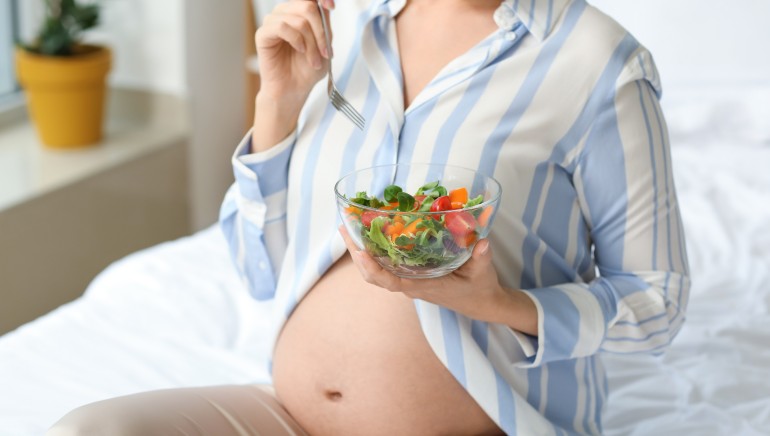In vitro fertilization (IVF) is a complex and often emotionally taxing process for individuals and couples seeking to conceive. While medical interventions play a crucial role in IVF success, nutritional health is equally vital. The role of nutrition during IVF treatment can significantly impact both the success rates of the procedure and the overall health of the prospective mother and child.
Preconception Nutrition
Before undergoing IVF, women should focus on achieving optimal nutritional health. A balanced diet rich in vitamins, minerals, and other essential nutrients can enhance fertility by improving the quality of eggs and the uterine lining. Nutritional deficiencies, particularly in folic acid, vitamin D, and antioxidants, have been linked to poorer fertility outcomes. Incorporating whole foods like fruits, vegetables, lean proteins, and whole grains can support reproductive health.
Weight Management
Maintaining a healthy weight is crucial during IVF treatment. Both underweight and overweight individuals may face challenges in conceiving. Obesity can lead to hormonal imbalances, affecting ovulation and overall fertility. Conversely, being underweight can result in irregular menstrual cycles and low hormone levels. Achieving a healthy weight through proper nutrition and regular exercise can improve the chances of a successful IVF cycle.
Hydration
Staying adequately hydrated is another essential aspect of nutritional health during IVF. Water helps maintain healthy blood circulation, regulates body temperature, and supports overall metabolic functions. Proper hydration can improve ovarian function and egg quality, thereby increasing the likelihood of successful fertilization and embryo development.
Nutrients of Focus
Certain nutrients play a critical role in enhancing fertility and supporting a healthy pregnancy. These include:
Folic Acid: This B vitamin is vital for DNA synthesis and cell division. Adequate folic acid intake reduces the risk of neural tube defects and is essential during the early stages of pregnancy. Women are advised to take prenatal vitamins containing folic acid before and during IVF treatment.
Omega-3 Fatty Acids: Found in fatty fish, flaxseeds, and walnuts, omega-3 fatty acids have anti-inflammatory properties and are important for fetal brain development. They also support hormone regulation and may improve the chances of successful implantation.
Antioxidants: Vitamins C and E, selenium, and zinc are powerful antioxidants that help protect eggs and sperm from oxidative stress. Including a variety of colorful fruits and vegetables in the diet can provide a wealth of these beneficial compounds.
Protein: Adequate protein intake is essential for hormone production and cellular repair. Incorporating both plant-based and animal-based protein sources, such as legumes, nuts, poultry, and fish, can support reproductive health.
Avoiding Harmful Substances
During IVF treatment, it’s important to avoid substances that can adversely affect fertility. Limiting caffeine and alcohol consumption, as well as avoiding smoking and exposure to environmental toxins, can enhance the likelihood of a successful IVF cycle.
Conclusion
In summary, nutritional health is a critical component of IVF treatment. A well-balanced diet, weight management, hydration, and specific nutrient intake can significantly influence fertility outcomes and the overall well-being of both the mother and the baby. By prioritizing nutritional health, individuals undergoing IVF can improve their chances of a successful pregnancy and promote a healthy start for their future child. Consulting with a healthcare provider or a registered dietitian specializing in reproductive health can provide personalized dietary recommendations tailored to individual needs.
